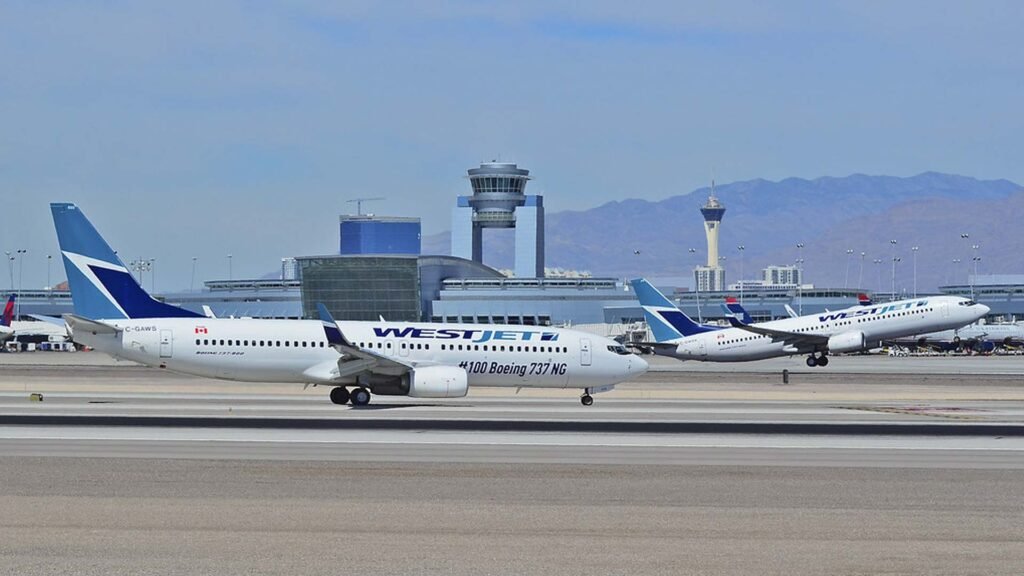The Supreme Court of Canada has unanimously ruled that provisions of the Air Passenger Protection Regulations brought in by the Canadian Transportation Agency in 2019 were valid and not in contravention of a treaty call the Montreal Convention.
The Air Passenger Protection Regulations require airlines to compensate passengers in the event of international flight delays, cancellations and denial of boarding. They also provide for refund of baggage fees for lost or damaged baggage on international flights.
The challenge brought by airlines and international transportation organizations claimed that the Montreal Convention provisions limited the compensation to what the treaty allowed. The Montreal Convention and its predecessor the Warsaw Convention are treaties adopted by the majority of countries of the world to create a standard of liability for international air transportation.
The Supreme Court looked at article 29 of the Montreal Convention which dealt with how a person affected could claim compensation against an airline. Article 29 referred to an action for damages, which meant a court case, brought by the individual. It stated that in the event of such a court case the limits of the convention applied. Those limits were expressed in Special Drawing Rights. For passenger delay the maximum was about $1800 CAD. For cargo delay the maximum was about $31 CAD per kilo.
The Supreme Court said that these limits did not apply to the Air Passenger Protection Regulations. It reasoned that the regulations setting out a scheme of compensation were quite different from a court case brought by an individual. There was no “action for damages” in the protection regulations. There was no individualized compensation resulting from that court case. The regulations were a consumer protection scheme that operated in parallel with the Montreal Convention. The regulations did not require a passenger to show proof of harm as would be required in a court case.
Under the regulations the compensation was fixed. The regulations provided an entitlement to standardized compensation that did not seek to measure a passenger’s actual loss.
The Supreme Court said that the Montreal Convention and the protection regulations can coexist. The protection regulations set out minimum compensation without having to commence a legal action. The Montreal Convention protects the airlines from unlimited liability.
